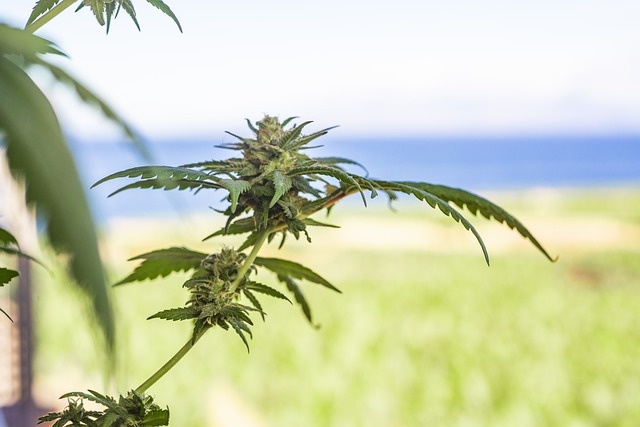When cannabis was illegal in every state, it was difficult for consumers to access credible information about what they were consuming. The situation is now quite different.
In many states, you can purchase cannabis from knowledgeable budtenders eager to describe terpene and cannabinoid content. Websites devoted to science-based cannabis education, including our sister publications Terpenes & Testing and Extraction Magazine, are great sources as well.
However, a study found that many of today’s cannabis consumers still have little cannabinoid knowledge despite greater access and available education.
Researchers from the University of Buffalo and Michigan distributed a survey to participants at the 2019 Hash Bash, an annual cannabis advocacy event held in Ann Arbor, Michigan. The 24-item questionnaire asked the 472 participants who responded to report effective doses of cannabinoids.
Over two-thirds of the respondents reported using cannabis daily, with the majority using it for medical purposes. While most admitted a knowledge gap in effective dosages, their estimates proved to be far from accurate–in fact, the authors reported that “participants’ average estimates for high-tetrahydrocannabinol (THC) (52%) and high-cannabidiol (CBD) (53%), as well as low-THC (28%) and low-CBD (30%) [cultivars] of cannabis, were considerably higher than the currently accepted definition.”[1]
Interestingly, men, European Americans, and those enrolled in medical cannabis programs had a greater understanding of effective dosages.
The majority of participants reported that their own experience guided most of their opinions about cannabis rather than information from their medical provider or other trusted source.
Co-author R. Lorraine Collins, PhD noted in a press release: “Our results suggest the need for broad-based cannabis education programs to help advocates and the general public to better understand and manage their use of [cannabis].”
In fact, many educational programs are popping up online with the goal of education for consumers.
Lead study author Daniel Kruger, PhD concluded, “We really have to educate people. This has very real consequences because these compounds have differential effects.”
Image Credit: Erin Stone
Image Source: https://pixabay.com/photos/marijuana-leaf-cannabis-leaf-5315560/
Reference
Kruger DJ, et al. Frequent cannabis users demonstrate low knowledge of cannabinoid content and dosages. Drugs: Education, Prevention and Policy. 2020:1-7.










